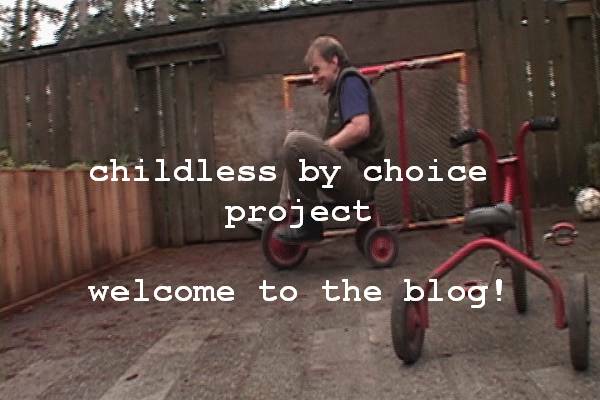Dr. Morgan didn't think maternal/paternal instinct compelled humans to have children, rather that children where the result of the instinctive desire to sexually couple and maternal and paternal bonding happened only after humans take on the role of care giving for an infant, either their child or an adopted child, and do the best to care for that child and meet the societal expectations and personal aspirations of what they think a "good" parent should be.
We see this sexual drive for coupling in the animal kingdom too. Scientists have observed male seals trying to mate with penguins because these testosterone fueled lower-ranking males have not been able to mate with their own species and they have no other "outlet for their sexual excitement" according to this article on cross-species mating attempts. Zookeepers will often give a baby animal to a female of a totally different species if the mother of the baby animal doesn't show any interest in caring for that baby. And it works, as the adoptive "mother's" nurturing behaviors prompts the feel good brain chemistry in both the cared for and the care giver, bonding them in a relationship of trust that evolves over time.
But mother/child bonding doesn't always happen, which is usually why the baby animal was removed from it's natural mother in the first place. We humans have a tendency to assume that every mother is predisposed to nurture her biological child but even that is a social construct according to Gillian Ragsdale:
“Social conformity has tremendous power,” says Gillian Ragsdale Ph.D., a biological psychology professor at the Ronin Institute (and mother), who describes the expectation that women are natural born caregivers as an outgrowth of patriarchal thinking. “I can’t tell you how many times people have tried to hand me babies, and I tell them I don’t really do babies. They react like I’ve said something really obscene and shocking.”
If we hold on to the assumption that all women or men instinctively feel compelled to care for and nurture their offspring, then we have to ignore any evidence to the contrary and stigmatize those who don't conform to the norm, including mothers suffering from post-partum depression. The above quote was from an interesting article published by Fatherly calling the maternal instinct a "myth", noting that: A study published in 1980 concluded that 40 percent of first-time mothers felt indifferent the first time they held their babies. The researchers noted that mothers who had difficult births were more likely to feel a lack of connection and that they felt more affection after a week, however. But a 2018 study also noted that many mothers felt disillusioned after giving birth and were still struggling to love their babies months later.If maternal or paternal instinct is truly a myth then the drive to be a parent is likely more of a desire or aspiration or a societal expectation than a biological urge. Perhaps there will be less stigma attached to those who decide to remain childfree, or to those who struggle to happily nurture the children they have, if we let go of the maternal/paternal instinct myth and just let true desire and longing drive the decision to parent and to nurture.
As I have seen with many of the childfree couples I have interviewed over the years, humans are not hard-wired to have our own brood and given the number of "furry" children I saw in my research cross-species caregiving and nurturing is more common than we care to admit, enhancing well-being and happiness for all involved!







